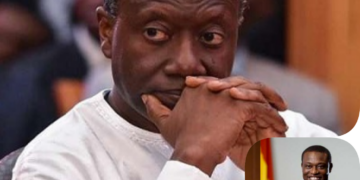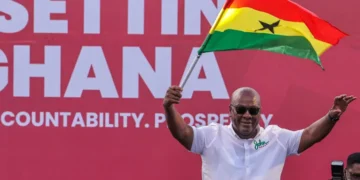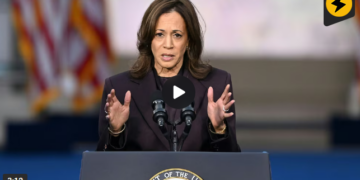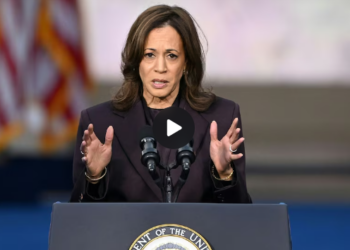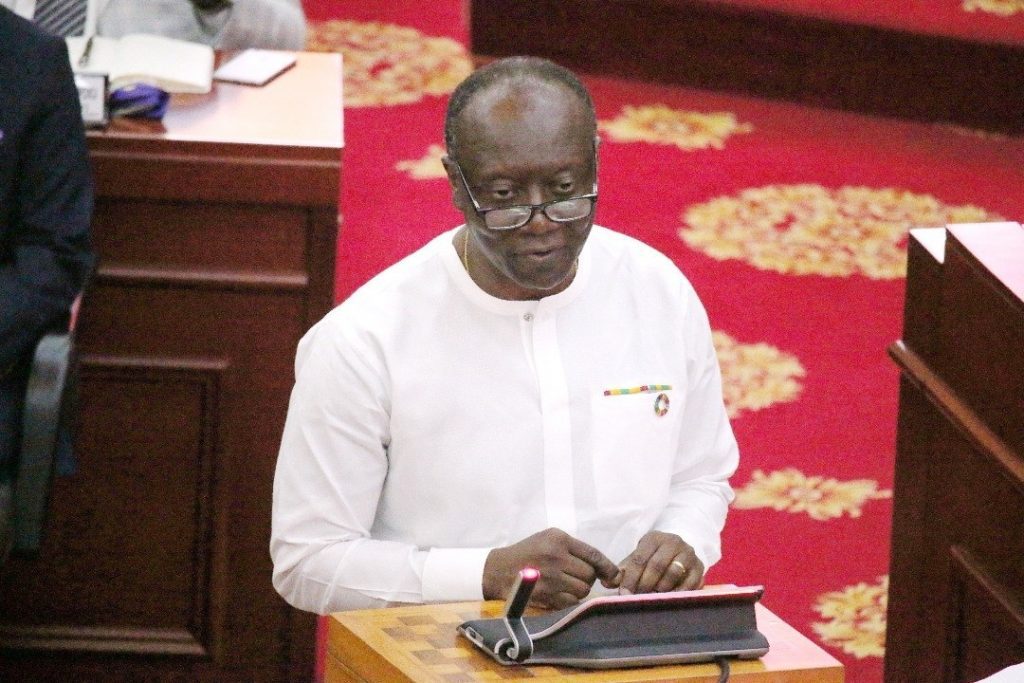 The Ministry of Finance has released its budget preparation calendar for the period covering February to December 2019. The calendar, prepared by MoF’s Budget Division includes activities that ultimately will contribute to the medium term national budget covering the four years, 2020 to 2023.
The Ministry of Finance has released its budget preparation calendar for the period covering February to December 2019. The calendar, prepared by MoF’s Budget Division includes activities that ultimately will contribute to the medium term national budget covering the four years, 2020 to 2023.
The calendar has been prepared in accordance with the Public Financial Management Act 921 of 2016 and with regulation 152 (2) of the Financial Administration Regulations. It outlines the programmes and activities for an effective budget coordination and submission of government’s macroeconomic policy statement and budget to Parliament.
In February, the budget implementation instructions for the 2019 budget will be published, along with the publication and circulation of the 2020 – 2023 medium term budget preparation calendar.
In March, the 2018 report on the Energy Sector Levy and the 2018 Annual Debt Report will both be prepared and submitted to Parliament. In March and April there will also be an engagement with stakeholders on revenue measures for 2020.
April will be a very busy month. The Ministry will engage in salary negotiations with labour; make projections of tax and non-tax revenues, development partner programmes and project loans for the period 2020-2023; review and update the 2019 macro-economic framework ;advertise for inputs into the 2020-2023 budget statement and economic policy from stakeholders; hold pre-technical meetings on the 2020-2023 fiscal strategy document; and subsequently prepare that document.
In May there will be an engagement with government’s economic management team/advisory council on the Fiscal Strategy Document and in the same month it will be submitted to Parliament for approval.
In June, cabinet is expected to approve it. In the same month the preparation and distribution of the 2020-2023 budget guidelines will be done.
In July, there will be production workshops on the 2020-2023 budget; preparation and presentation of the 2019 mid- year fiscal policy to Parliament; and preparation of half yearly reports.
In August stakeholder consultations with civil society organizations, think tanks, the academia and the likes are scheduled to receive inputs on the 2020-2023 budget. Also policy hearings and technical hearings will be held.
An engagement with the economic management team/advisory council on the draft 2020-2023 budget will be held in September, while in October, approval and feedback is expected from cabinet on the 2020-2023 budget statement and economic policy document along with preparation of the medium term debt strategy and the debt sustainability analysis for the budget and the finalization of the budget itself.
In November, the actual budget will be presented to Parliament as with the 2019 annual report on the petroleum account and the Ghana Petroleum Funds. In that month several other activities are scheduled: an annual report on the collection and utilization of the Africa Union 0.2 percent import levy; revision and update of the medium term debt strategy for the 2020-2023 budget; report on measures to address the Auditor-General’s comments; write-up on the Energy Sector Levy; presentation of revenue bills and passage by Parliament; preparation and publication of the 2020-2023 citizens budget; and dissemination of the budget itself.
In December the medium term strategy of the 2020-2023 budget will be submitted to Parliament for approval; parliamentary debates on the budget will take place and the Appropriation Bill will be passed; and there will be the loading of the budget estimates.

